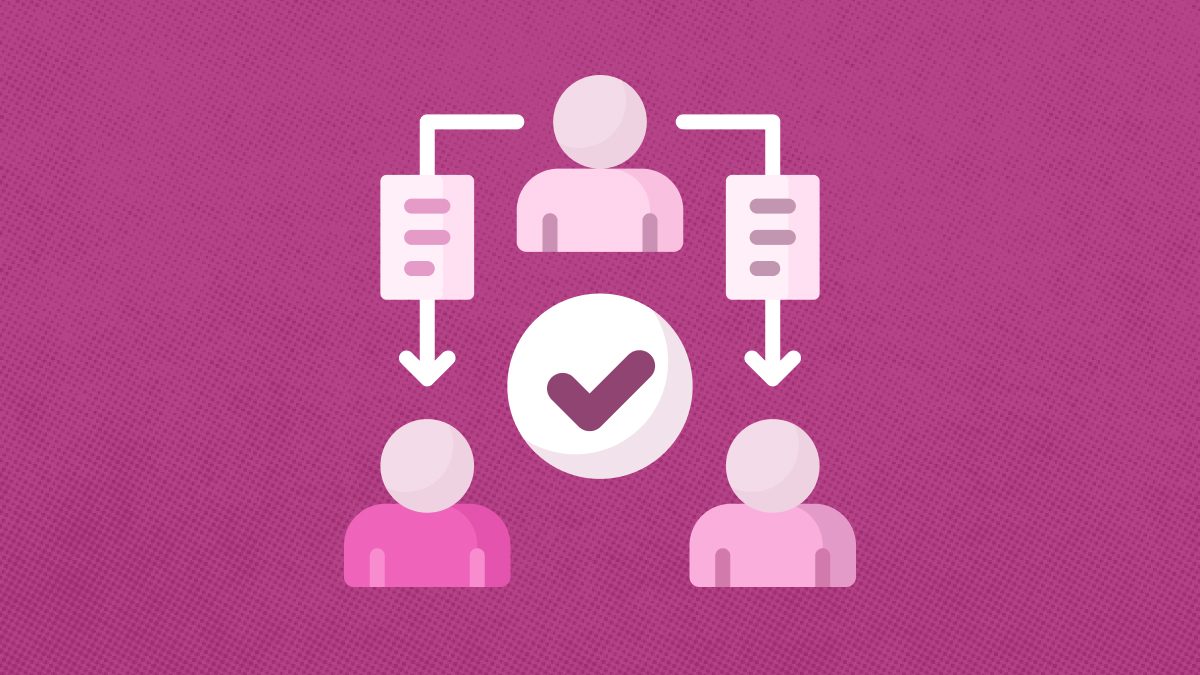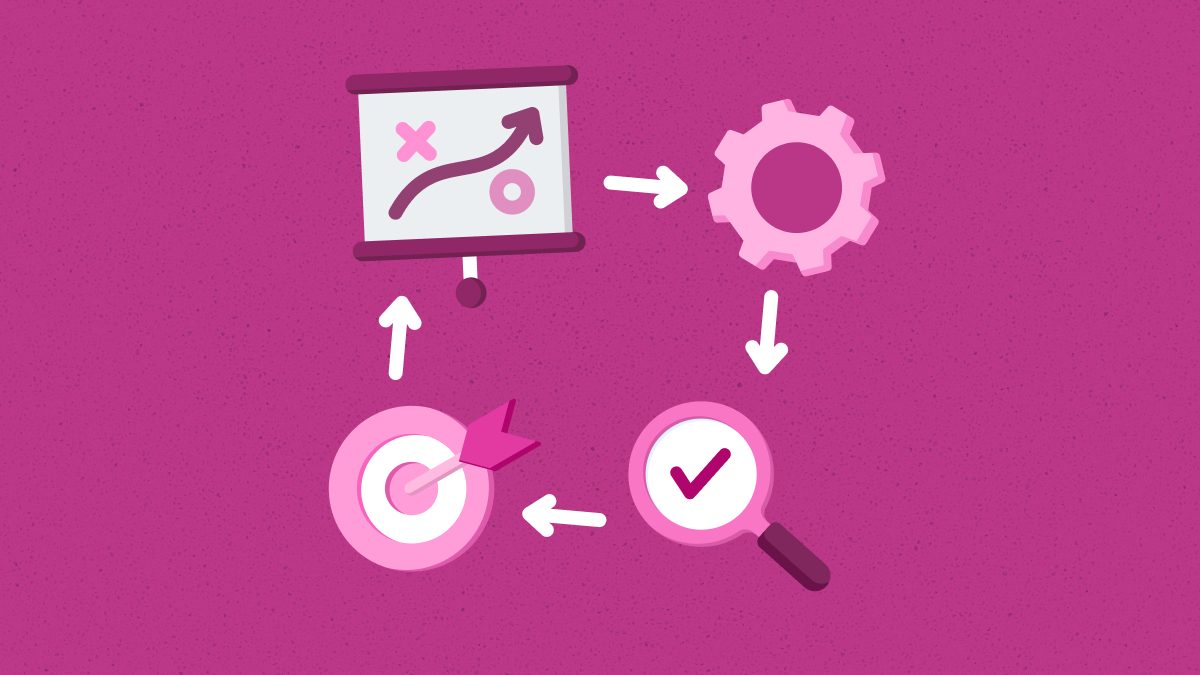Glossary about Enterprise Risk Management
Enterprise Risk Management
Enterprise Risk Management
All companies’ leaders must manage and eliminate different risks to ensure the business thrives. Many people also consider this a regular part of company processes. This is why you should also engage in practical risk management methods.
You may have come across a critical term about risks enterprise risk management. If you want to understand it completely, you’re right. Here is all the information you need about it.
Enterprise Risk Management Definition
Enterprise Risk Management (ERM) is a strategy many companies use to identify different threats. Not only that, it also allows you to eliminate those risks practically. The primary aim of this strategy is to help you remove threats that can affect business continuity.
An ERM starts with identifying all potential risks that can affect your business negatively. These may be financial threats, logistical risks, and much more. After that, enterprise risk managers will develop strategies to reduce or eliminate all the dangers.
Besides that, risks also include tensions that can impact your production negatively. A vital aim of the ERM program is to increase awareness in the company and improve final results.
What Benefits Does Enterprise Risk Management Provide?
Here are the top benefits you can enjoy by engaging in enterprise risk management:
- Increases Awareness
One of the top things ERM can help you do is spread awareness throughout the company about business risks. It can allow your teams to develop strategies to eliminate threats. Besides that, awareness can also enable project managers to align their goals in such a way that they minimize potential risks.
Another benefit that awareness brings is that you can respond to risk promptly. So you can prevent them from becoming a severe threat that cannot be overcome. Hence, your company can enjoy high productivity and profits.
- Improves Compliance
A key thing you should note is that you are required to engage in ERM in some sectors. For example, healthcare companies must eliminate risks effectively to thrive during adversities. The COVID-19 pandemic is a prime example that the healthcare sector must be ready to tackle all threats.
Besides that, many financial companies are also required by regulations to have an effective ERM system. This is why having such a program can help your business be more compliant. It will also ensure you don’t face unnecessary penalties and reputation damage.
- Enhances Confidence
Another top benefit of an ERM strategy is that it can instill high confidence in your workers. This is because knowing the risks will allow them to change their processes. It will also help them believe in the positive results of strategic goals.
Moreover, your company can enjoy high efficiency because of improved practices. This can allow you to gain more clients and create target-focused products easily.
Final Words
This is all you need to know about enterprise risk management (ERM) definition. A practical plan can help you tackle various business issues before they pose a high threat. You can also improve your profits by creating better products.




